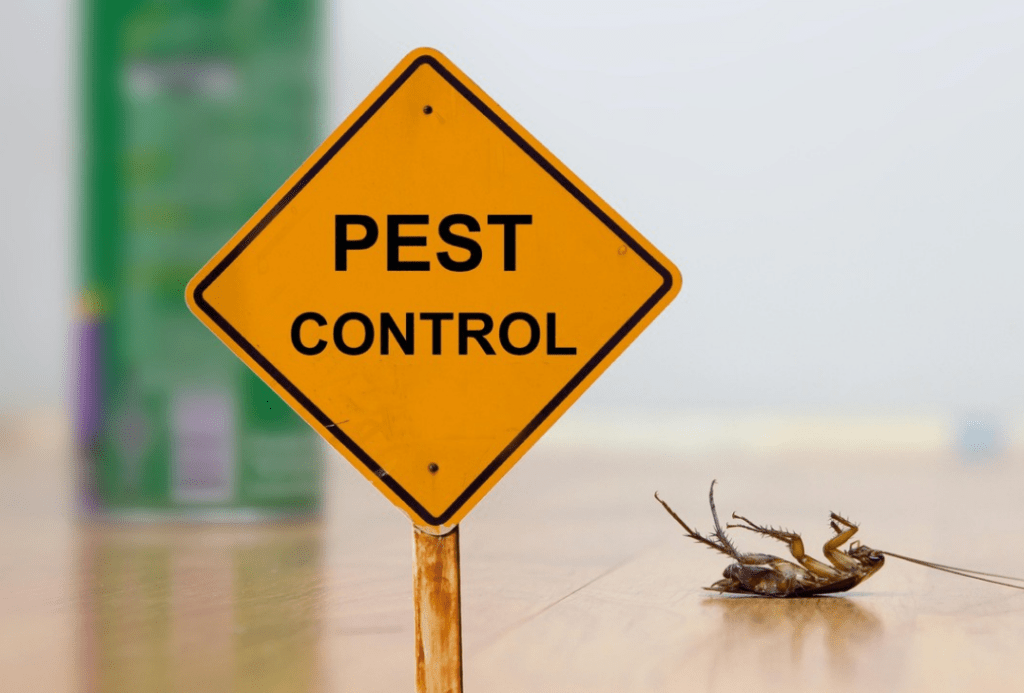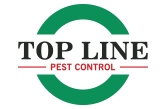
Mice Control
Mouse feed human food such as Rise, Pasta, Cereal, Vegetable, Chocolate, Biscuits, etc and destroy boxes, paper, Clothes, and Building structure. For Mice control, It is necessary to properly Identity pest population in your premises. Check all the entry point and close it. All food should be kept in seal containers, sink and kitchen floors must be kept clean. Cracks holes must be sealed with steel wool, mesh or concrete.
Different traps are used for Mice, such as snap traps, Glue traps, and live traps. All traps require intimate knowledge of mouse habits and behavior to use them. Poison baits are also used for control of Mice. The only certified person can use those poison baits.
Mice Dropping and urine may contain viruses and bacteria, such as salmonella and Hantavirus. It must take action when you see the first sign of Mice in your home or building because mice population grow rapidly. Best to target when the population is small. Best and effective mouse control is controlling your local area exterminator.
How to Get Rid of Mice/Mice Control in Your Home:
Eight ways to get rid of Mice or Mice control from your homes:
- Eliminate entry points.
- Use mouse traps
- Bait station
- Choose the best bait for mouse traps.
- Proper placement of mouse traps is critical.
- Good sanitation won’t get rid of mice, but poor sanitation will attract them.
- Tackle the mice in the house and out.
- Cats vs Mice.
Can People Get Sick From Cleaning Mouse Dropping?
Hantavirus is carried by Rodents, particularly deer mice. It is believed that humans can get sick with this virus. If they breathe in contaminated dust from mice nests or dropping, you may come in contact with such dust when cleaning homes, sheds or other enclosed areas that have been empty for a long time.
What do You Need to do With Mouse Dropping:
- Wear rubber, latex or vinyl gloves when cleaning urine and dropping.
- Spray the urine and dropping with a disinfectant or mixture of bleach (1 part bleach and 9 parts water) and let them soak 5 minutes.
- Use a paper towel to pick up the urine and droppings and dispose of the waste in the garbage.
- Clean and disinfect the whole area.
- Mop floors and clean countertops with disinfectant or bleach solution.
- Wash any bedding and clothing with laundry detergent in hot water if exposed to rodent urine or dropping.
- Last remove gloves and thoroughly wash hands with soap and water.
Signs of a mouse infestation
Mice are shy and want to hide from you, but they leave a lot of signs that they have been there. First, they come out at night for food, so you may see one of them run across your path in the mid of the night. If that happens, it’s easy to guess that you have a mouse problem. However, you can also look for these signs.
Chew marks
if you find chewed boxes, paper, furniture or other products around your home, including food, there is a greater chance you have mice. Mice use paper and cardboard to line their nests. Mice also chew on the insulation around wiring and will chew through the furniture to get at the filling in cushions for their nests, too. If you leave a bag of bread out, mice will chew right through the loaf of bread.
Droppings
Mice tend to leave a lot of droppings. You will see them in storerooms, behind bookcases and other areas where they like to hide. Their feces can fascinate bacteria and all kinds of other nastiness that can lead to potentially serious health issues.
Urine
Mice also like to leave urine. Often, you will notice odd-looking black or brown smears on the floor which is in fact urine and feces left behind by mice. This is a mess you do not want around your home or family.
Dirty smear marks
Mice have terrible vision and they cross around rooms by sticking close to the walls. They also travel through dirty parts of the house and this causes their fur to be dirty and greasy and when they walk along the walls, they leave smears that indicate where they are.
Why Choose Topline Pest Control

We all strive to create comfortable environments at home or work. One potential problem to this is the existence of pests in such spaces. Vancouver is no exception.
There exist several types of pests that could potentially be hazardous and a nuisance. That means that residents of this great city need to be aware of potential pests.
You can either fill in an online form to get a free quote or you may request a call by fill in a below form.
Request a callback
Read our blog posts
- Effective Bed Bug Control in Langley – Bite-Free NightsBed bugs are one of the most common pests found in homes. Statistics show that bed bug infestations have increased 500%… Read more: Effective Bed Bug Control in Langley – Bite-Free Nights
- Get Pest Control in Langley Done for a Healthy HomePests like mice, cockroaches, bed bugs and spiders are difficult to get rid of once they start multiplying. They are a… Read more: Get Pest Control in Langley Done for a Healthy Home
- A Comprehensive Guide to Effective Rodent Control – 2025Rodents, such as rats and mice, are not only a nuisance but also pose significant health risks to residents and businesses… Read more: A Comprehensive Guide to Effective Rodent Control – 2025
